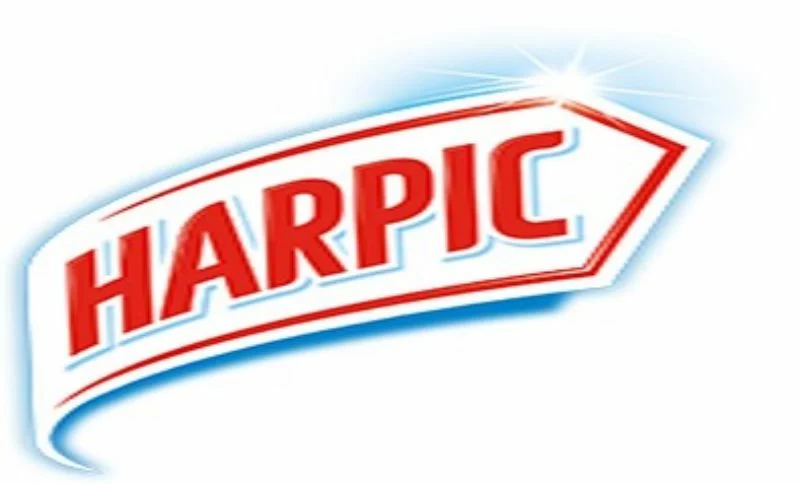Harpic, manufactured by Reckitt Nigeria, partnering with the federal government and Organized Private Sector in Water, Sanitation, and Hygiene (OPS-WASH) have reiterated the need to maintain clean toilets and end open defecation.
This was disclosed when Nigeria played host to the World Toilet Summit for the first time recently. The event was organised to drive global interventions towards improved sanitation exercises and reinforce awareness on the issue of open defecation and low investment in the sanitation value chain which has greatly reduced the African Gross Domestic Product (GDP) over the years.
The summit, which was held in Abuja had stakeholder leaders in attendance including the president of Nigeria, represented by Vice President Yemi Osinbajo, ministers from relevant ministries, and developmental agencies like UNICEF and WaterAid.
During a panel discussion on the topic: “Partners Perspective on Sanitation Innovations for Economic Development,” Marketing director, Reckitt Sub Saharan Africa, Tanzim Rezwan, suggested that Nigeria can convert the challenge of Open defecation into an opportunity and make it an enabler.
He said, “The critical factor is to have everyone across the sanitation sector working together in synergy to achieve the common goal and collectively facilitate the process of bringing it to fruition.
“We are working with the government in every way we can to achieve zero open defecation in Nigeria. As part of our agenda to continuously drive innovative ideas that will ensure more people have access to clean toilets, we recently introduced a new product, the Harpic Sachet, which has now made it possible for the masses to have access to a clean toilet with just N30. We will also continue to drive the awareness and education through our TV and digital communications as well as community programmes he concluded.”
In his address, the Vice President Yemi Osinbajo, noted that globally, an estimated two-thirds of people who lack basic access to sanitation services live in rural areas, nearly half of them in Sub-Saharan Africa.




